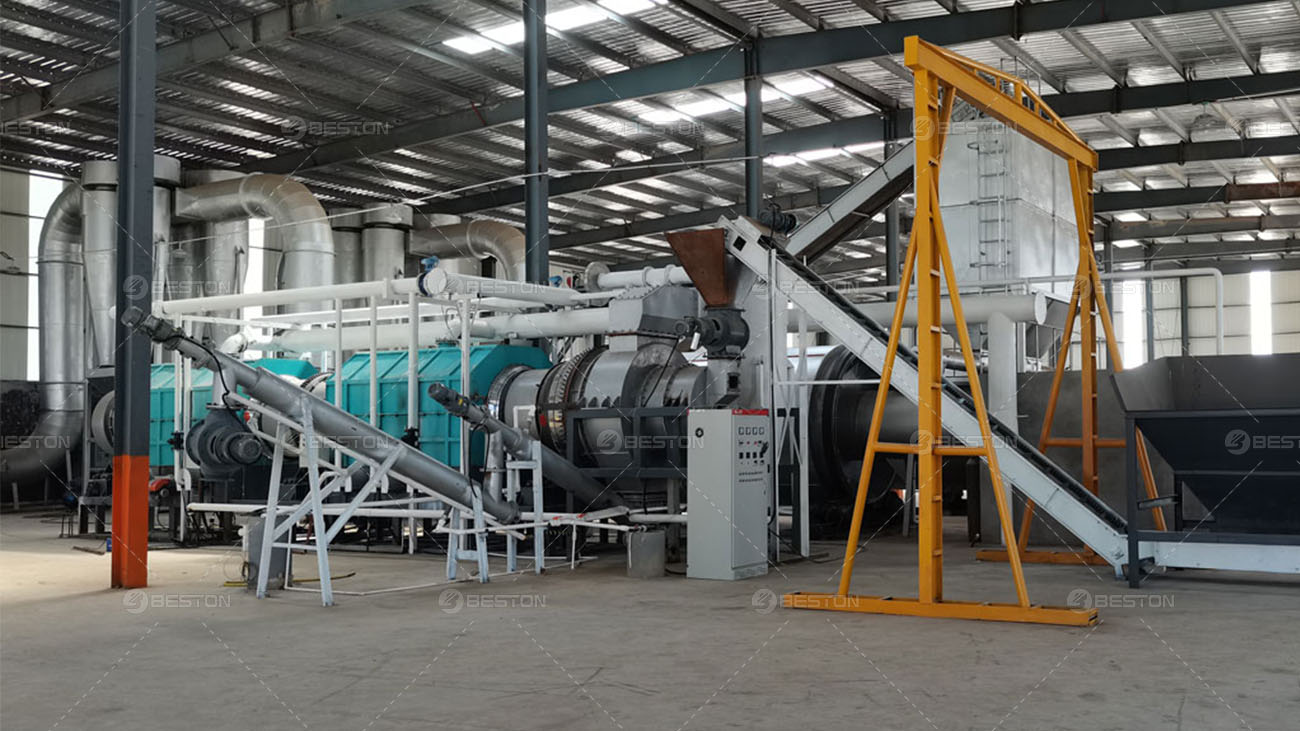Imagine turning leftover wood scraps, sawdust, and even pesky bamboo into a valuable fuel source. That’s the magic of wood charcoal making machines, and their role in the circular economy is nothing short of fascinating. Let’s dive into how these machines are rewriting the rules of waste management and resource utilization.
Waste Not, Want Not: Turning Trash into Treasure
Traditionally, wood waste from forestry and manufacturing piled up in landfills, taking up space and posing environmental concerns. Wood charcoal making machines disrupt this linear model by offering a closed-loop system. They take in what would otherwise be considered waste and transform it into a valuable resource – charcoal. This charcoal can be used for:
Fuel: It provides a clean-burning alternative to fossil fuels for cooking, heating, and industrial processes. Agriculture: Charcoal acts as a soil amendment, improving water retention and fertility. Industry: High-quality charcoal finds applications in activated carbon production and various manufacturing processes. By creating a valuable product from waste, wood charcoal machines promote resource efficiency and reduce our reliance on virgin materials. This aligns perfectly with the core principle of the circular economy: keeping resources in use for as long as possible.
Beyond Efficiency: A Sustainable Champion
The benefits of these machines extend beyond simple waste reduction. Here’s how they champion sustainability:
Reduced Emissions: Compared to traditional charcoal production methods, these machines boast lower emissions, minimizing air pollution. Renewable Energy Source: Wood, the primary raw material, is a renewable resource when sustainably managed. This contributes to a more sustainable energy mix. Reduced Deforestation: By utilizing waste wood, the pressure to harvest virgin trees for charcoal production decreases, protecting our precious forests. Innovation Breeds Opportunity
The beauty of the wood charcoal making machine lies in their ability to adapt and evolve. Advancements in technology are leading to:
Increased Efficiency: New designs optimize charcoal output while minimizing energy consumption. Versatility: Machines are becoming capable of handling a wider range of biomass feedstocks, further expanding their waste-to-resource potential. Reduced Environmental Impact: Innovations in gas treatment systems ensure cleaner emissions and a smaller environmental footprint. The Future is Circular
Wood charcoal making machines are a prime example of how technology can promote a circular economy. By transforming waste into a valuable resource and prioritizing sustainability, these machines are paving the way for a more responsible and eco-friendly future. As technology continues to advance, we can expect even greater things from these innovative tools in the fight against waste and the pursuit of a circular economy.


Comments
No comments yet. Be the first to react!